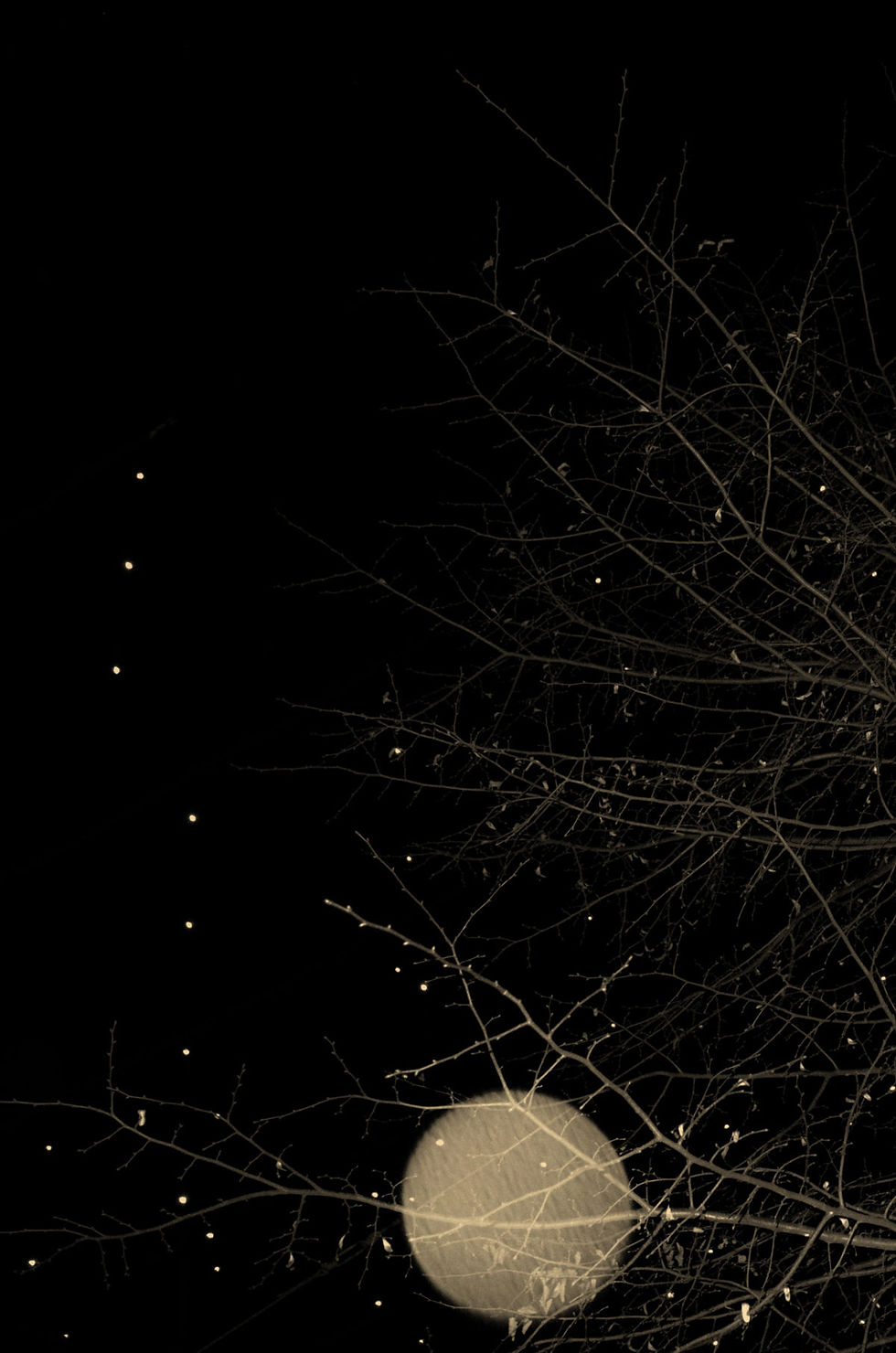« Mukayu», or the impermanence of being
- Frank Willis

- Dec 22, 2020
- 2 min read

© Mukayu, Paul Cupido
With Mukayu, Paul Cupido invites us to a gentle meditation. The photographer offers us an emotional, deep and solitary experience, where beautifuland minimalist metaphors merge with our most intimate parts.
Close your eyes, surrender to your senses, and awaken your mind. Paul Cupido's new work is seen as an experience on its own. Composed of a double booklet, the book dissolves the classic linear structure, and offers many possibilities for associating images. Like a meditation, the experience is active. Over the pages, a diptych emerges, an inspiration, and a certain tension. With a new image comes the time of the exhaling. The author’s story pierces us and invades our thoughts, at our own pace.

© Mukayu, Paul Cupido
"An empty room will be filled with light by its emptiness". This is how the Chinese philosopher Zhuangzi defines the concept of "Mukayu". Created in Japan, the photographer's recent work is inspired by this notion, also referring to "non-existence". By exploring these thoughts of negation, Paul Cupido gives an important place to emptiness in his images. With minimalist scenes that tend to isolate the subject, the photographer shows a sophisticated aestheticism in the simplicity of his compositions. Like the Japanese thinker Tanizaki in his In Praise of the Shadow, he emphasizes the poetry of obscurity, and invites us, through his use of deep blacks, to serenity.
The void, the metamorphosis, the transitory, the ephemeral ... The author explores themes linked to the impermanence of being. Through a deconstruction of the classic narrative, his images - which have become visual poems - and are never revealed in the same way. By calling on our own emotional experiences, he places us at the center of the work, where our sensitivity resonates with the lightness of washi paper. With his compositions, sometimes melancholic and sometimes surreal, Mukayu questions our relationship to reality and our capacity to dream.
“Taking photographs is a natural process. It is not about representing nature from the outside. My work is a reflection of the feelings that I experienced", explains Paul Cupido. His desire to understand and embrace nature permeates his work, a work that feeds on his native island, Terschelling. An allegory of Japanese philosophy, Mukayu calls for this contemplation of the world - between the eternal harshness of the mountains and the constant agitation of the water. The lightness of its form is matched only by the depth of its contents.


Comments